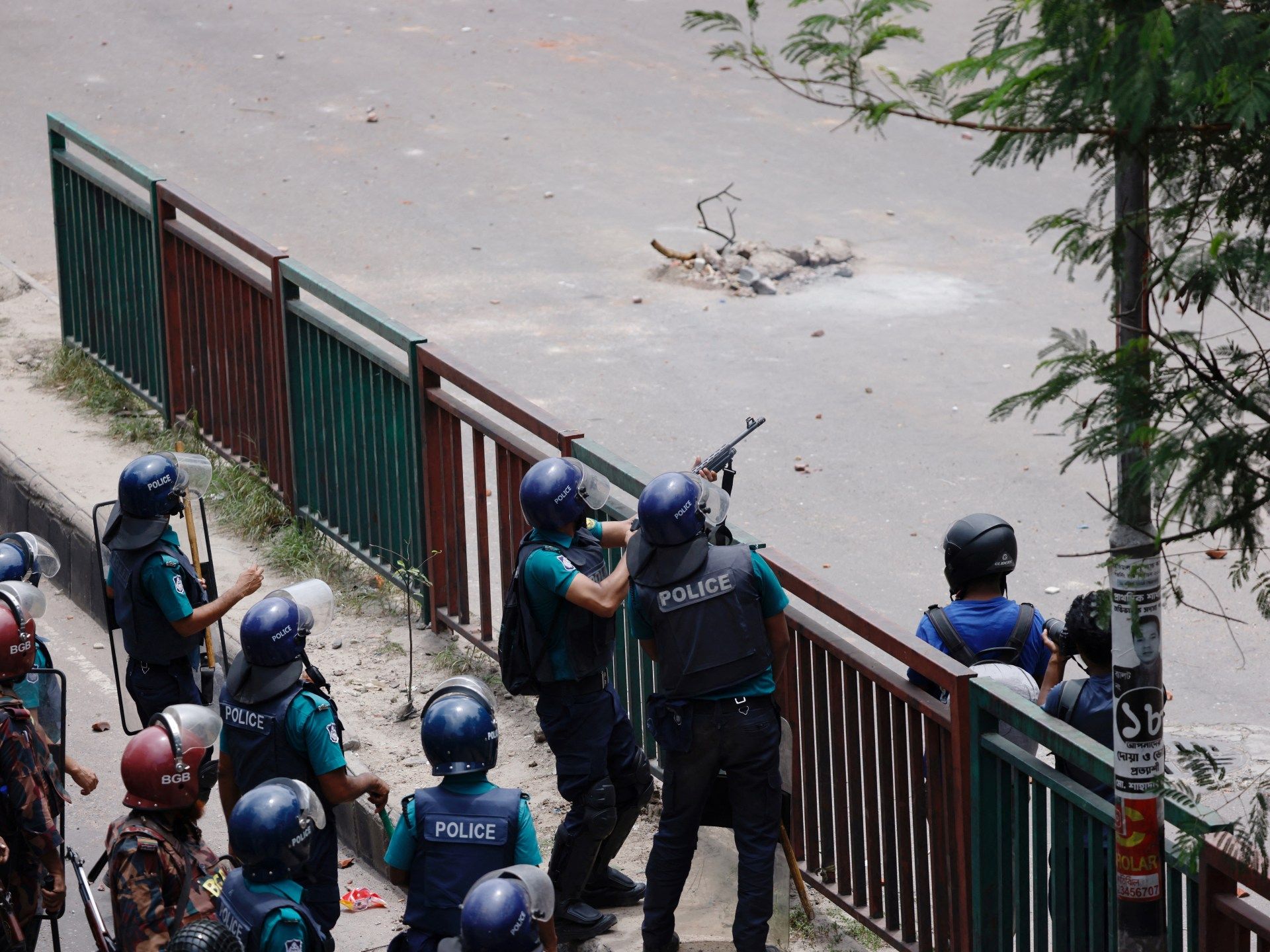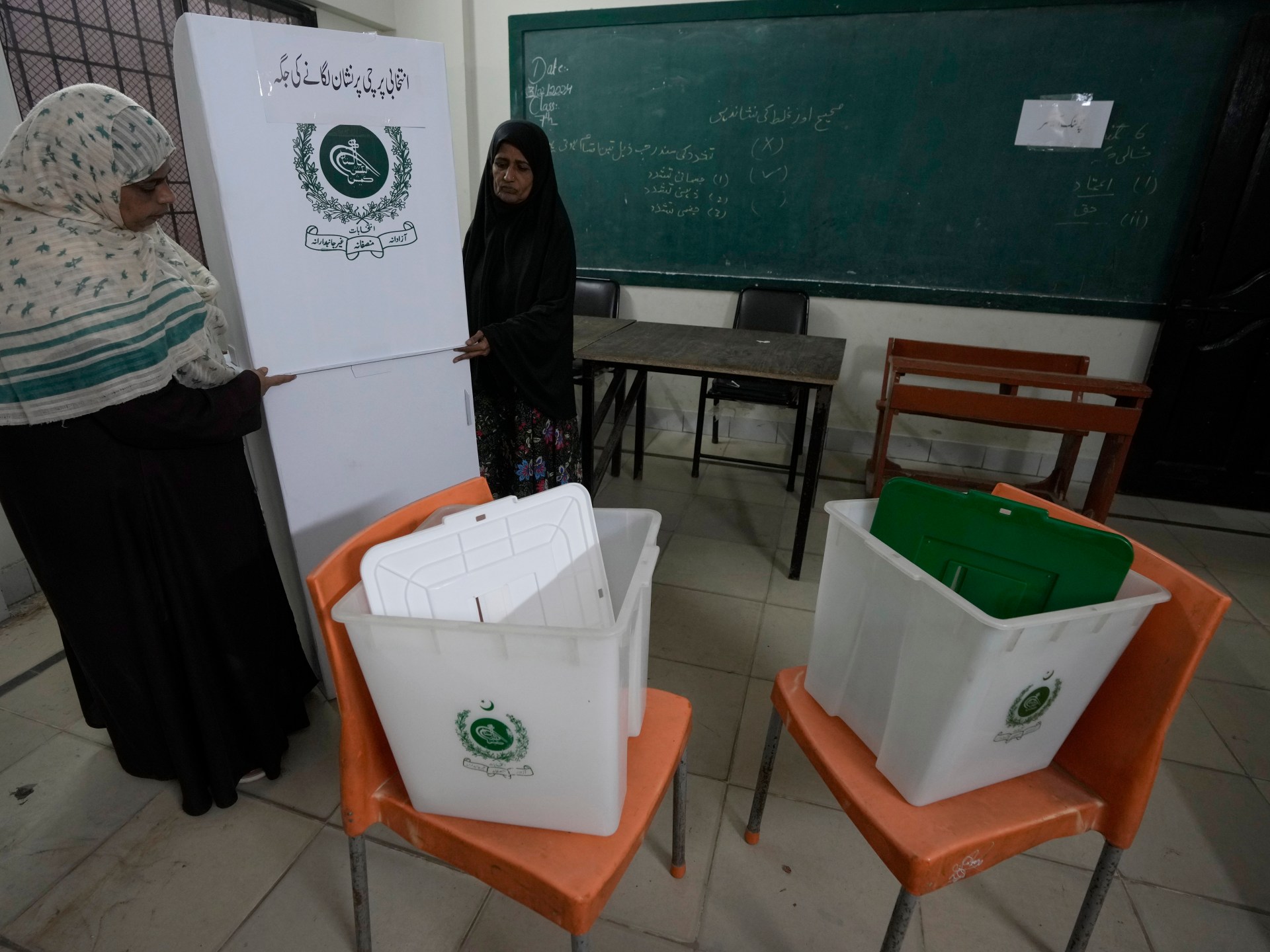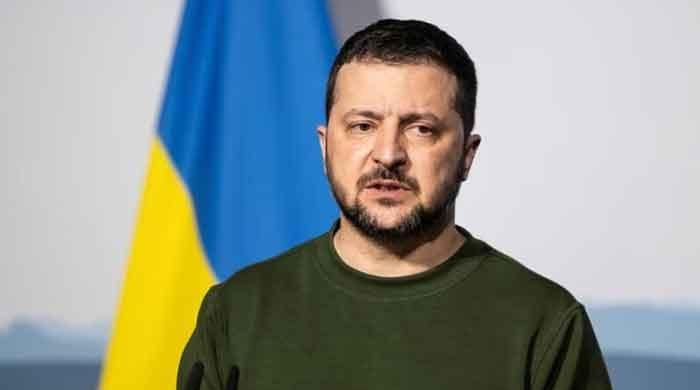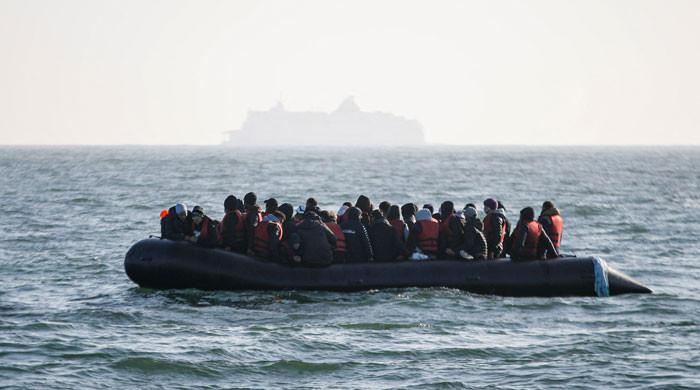The communications blackout persists as a deadly crackdown on protesters continues in the country of 170 million people.
Bangladesh imposed a nationwide curfew to quell student-led protests against government job quotas, with military and police personnel patrolling the largely deserted streets of the capital Dhaka.
According to Reuters news agency, dozens of people have died this week and thousands are believed to have been injured. Dhaka Medical College Hospital received 27 bodies on Friday, bringing the death toll to 110.
Authorities have said about 300 police officers have been injured, blaming protesters for damaging public property and violence, and accusing opposition parties of instigating the unrest.
Soldiers set up checkpoints on Saturday, shortly after the government ordered a curfew to block protests, which have been further fueled by economic insecurity and escalated dramatically this week.
The government has continued to impose a near-total internet blackout since Thursday in the country of 170 million people as part of a crackdown on student protests. Text messaging services and international phone calls remain disrupted.
The curfew was eased for two hours from midday on Saturday to allow people to buy supplies, said Al Jazeera's Tanvir Chowdhury, who confirmed hearing gunshots in Dhaka.
“People are anxious because they did not expect the army to be deployed, but there are also those who are relieved because the army is highly respected in Bangladesh,” he said.
“But the mood is gloomy because so many people died. People don’t understand why there was such harsh repression against the student protests that were peaceful.”
There has been no official confirmation on when the curfew will be lifted, but it is expected to remain in place at least until early Sunday morning.
The protests have been going on for weeks, but the past three days have seen a sharp increase in violence.
The protests began, and were initially peaceful, after the High Court on June 5 ordered the restoration of a quota reserving 30 percent of government jobs for relatives of veterans who fought for the country's independence from Pakistan in 1971.
But as the South Asian nation grapples with economic problems including rising food prices and high unemployment, particularly among young people, many ordinary citizens have joined the protests.
“There are a lot of ordinary people who support the students. There is a high level of frustration in the country right now and a lot of people don’t accept this government and feel that the prime minister came to power by force,” Al Jazeera’s Chowdhury said.
The protests have been the biggest to threaten Prime Minister Sheikh Hasina's government since her re-election for a fourth term earlier this year. The prime minister has cancelled planned trips to Spain and Brazil to deal with the fallout.
Following the crackdown, protesters demanded accountability before agreeing to sit down for talks with government officials. An appeal by the state to the Supreme Court suspended the reinstatement of the quota for a month, pending a hearing on August 7.
Meanwhile, many opposition party leaders, who had expressed support for the student protesters, have been arrested, along with activists and protest organizers.
India's Ministry of External Affairs announced in a statement on Saturday that it had facilitated the return of nearly 1,000 Indian citizens from Bangladesh, and around 4,000 more students remaining in various universities are receiving consular assistance.












